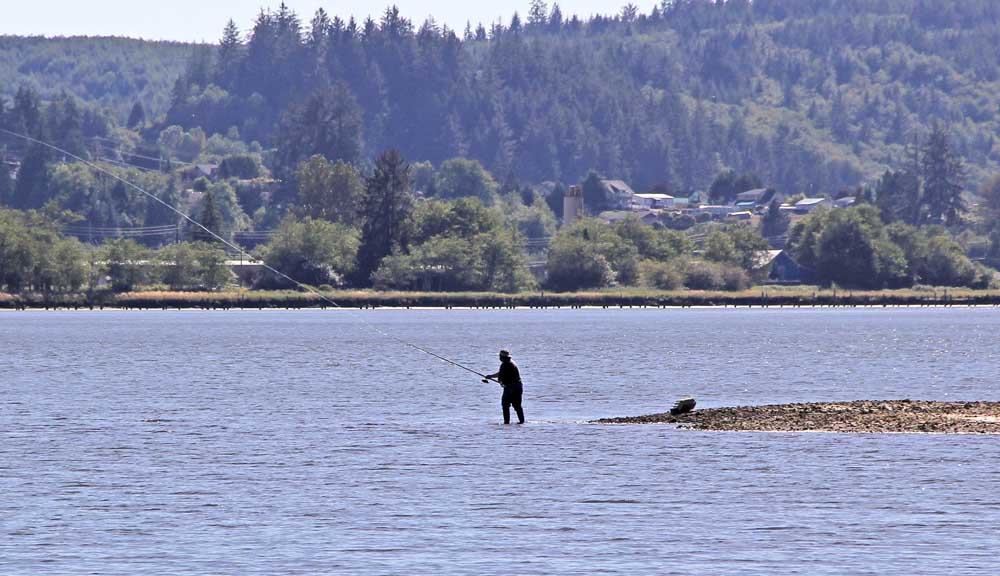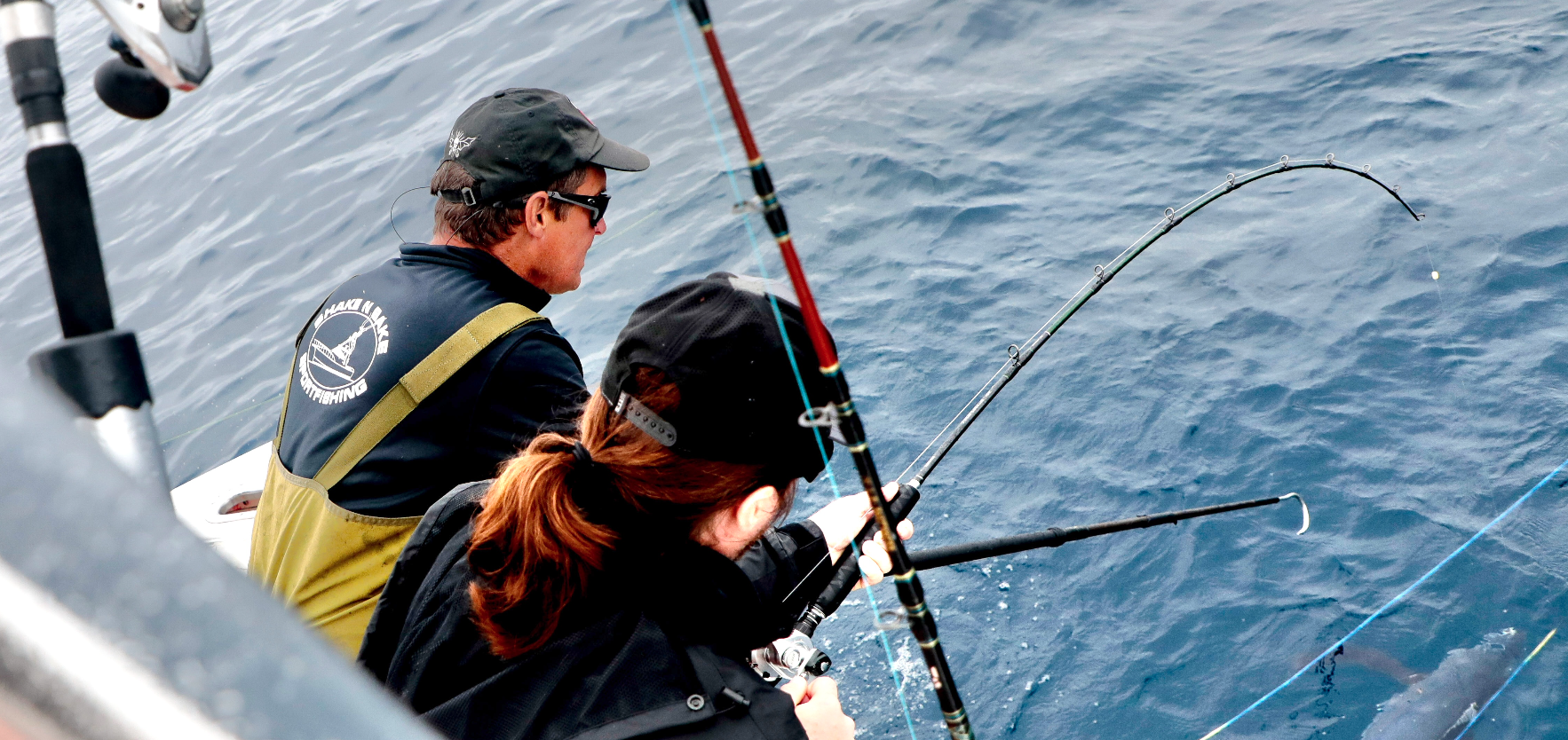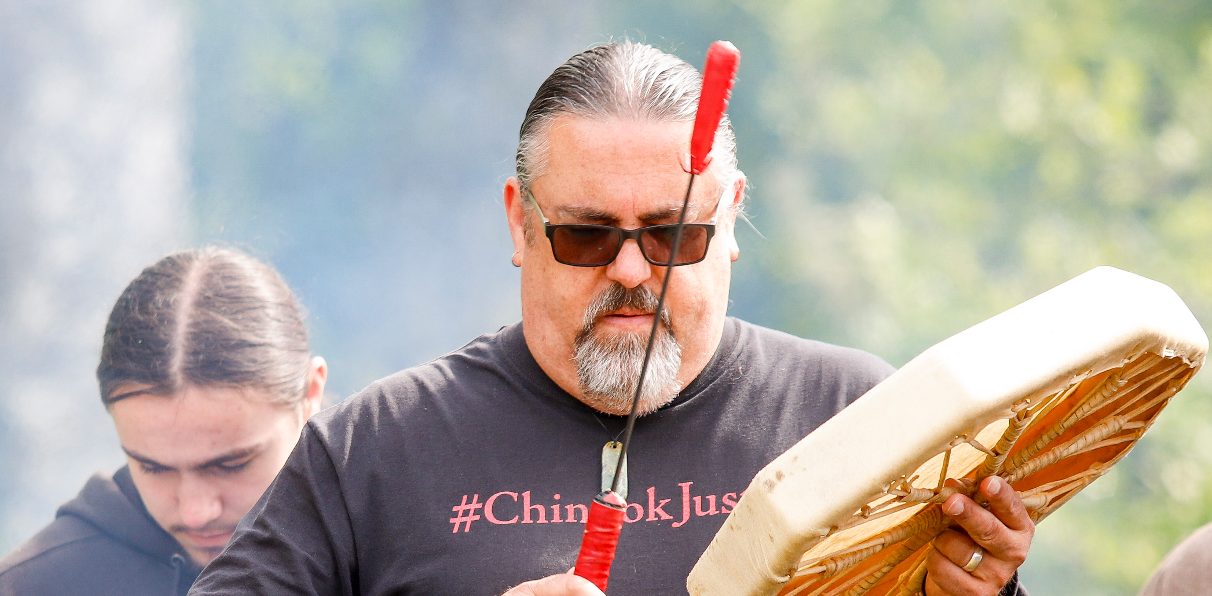Lower Willapa flooding next target for conservation district
Published 4:55 pm Thursday, February 20, 2025

- A fisherman cast his line into the Willapa River estuary in 2022. The Pacific Conservation District is starting a project intended to help communities along the lower Willapa River cope with environmental changes.
SOUTH BEND — Fresh off a successful initiative that brought funding and support to help combat present and future hazards affecting communities and habitats along Baker Bay, the Pacific Conservation District is setting its sights now on the lower Willapa River.
Trending
The first of a four-workshop series dedicated to issues along the lower Willapa River is set for March 20 at the South Bend School cafeteria. The workshop series is hosted by the conservation district and Washington Sea Grant.
It’s the second such workshop series that PCD and Washington Sea Grant has hosted in the county. In conjunction with Lower Columbia Estuary Partnership, a series that focused on Baker Bay sea level rise began in 2022 and wrapped up last year. The input received from the community during that workshop series helped organizers develop and refine half a dozen resilience projects aimed at reducing the risk posed by sea level rise.
One such project won $450,000 in federal funding late last year, which is aimed at restoring coastal habitat and shielding a crucial stretch of local highway from Chinook to the Astoria-Megler Bridge from the threat of erosion and flooding. The federal funds are going toward a geotechnical assessment and the development of a preliminary design for erosion control to protect the highway and public lands from both present and future water levels.
Trending
In all, more than $1.5 million and other federal support was secured for both Pacific and Wahkiakum counties — where a parallel workshop series focusing on Grays Bay also took place — thanks to the work accomplished through the workshops. PCD is hoping to replicate the successes of those series in north county this time around.
Jackson Blalock, PCD’s marine and estuarine resilience program manager, said there have been long-running conversations about projects that can support both flooding and habitats along the Lower Willapa River. He recalled that in 2018, when he first began working in the area as a Washington Sea Grant employee, the Pacific County Marine Resources Committee shared countywide hazards and habitat priorities so that they could find funds at the state and federal level to support local issues.
“While those grants and conversations led to different past, present and upcoming projects across the Washington coast, many of those priority issues were across the greater South Bend-Raymond area, such as Highway 101 flooding and more,” said Blalock.
While much of the county’s population is now centered on the peninsula, Raymond and South Bend remain the county’s two most-populated cities and are a major residential and commercial hub locally. Potential infrastructure projects could include implementing a rain garden — a low-lying area that collects and filters rainwater from roofs, streets and driveways — to manage nuisance flooding in neighborhoods, as well as coordinating with the Washington State Department of Transportation to retrofit Highway 101 for flood impacts.
In addition to critical infrastructure being vulnerable to flooding and future water levels, Blalock said PCD is also deeply concerned about the bay’s upper estuaries, where the freshwater of rivers mix with the saltier water of the bay.
“This is where juvenile salmon have major lifecycle changes before heading to the ocean, where habitats are expected to be lost or moved around as sea levels rise, and where high tides meet river flooding too,” he noted.
In this opening workshop, community members and stakeholders will share local issues and priorities related to both habitat and flooding, with the second workshop focusing on proposing and developing potential projects aimed at addressing these issues.
“We believe there are good opportunities to develop projects that support our communities alongside the natural resources we depend on,” said Blalock. “Local residents have so much knowledge — whether it’s about fish, flooding or even what roads, parks and sidewalks they use the most — and are the end beneficiaries of this work.
“So if it’s for us living here, it may be done best if it’s designed by us living here. Folks can come to these workshops and share their issues and ideas, and we will make sure that’s part of the work.”
The March 20 workshop is scheduled for 6-8 p.m. and includes a complimentary dinner. Spanish translation services will be made available, as well as a kids table with activities. Visit tinyurl.com/ee77ek85 to RSVP for the workshop.
The second workshop is tentatively scheduled for late May, to be held at the Raymond High School cafeteria.









